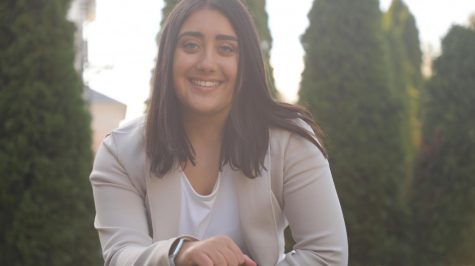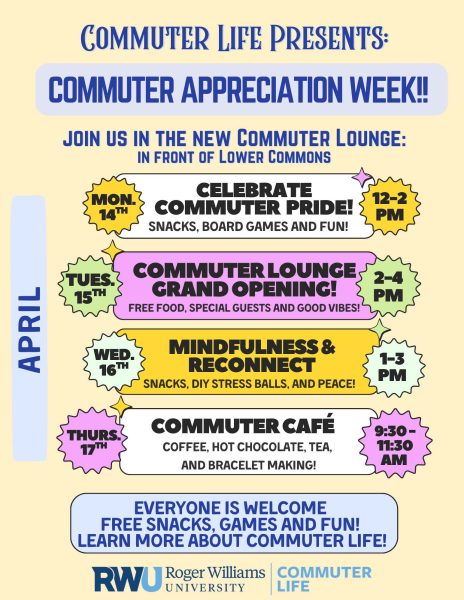New professor to join journalism department this fall: Bernardo Motta brings new skills to the program
The RWU journalism department will be welcoming a new faculty member this fall.
Originally from Rio de Janeiro, Brazil, Bernardo Motta specializes in environmental and community journalism. Motta received his master’s from Pontifical Catholic University of Rio de Janeiro and his doctorate in Communication and Information at the University of Tennessee, Knoxville.
He comes to Bristol from the University of South Florida St. Petersburg, where he taught advanced reporting, media theory and community journalism courses. He will be teaching News II and Feature Writing at RWU next semester.
One unique quality Motta brings to the university is that he is able to teach in Portuguese, and would be able to offer courses on community journalism in that language.
He has also thought about offering short-term study abroad journalism courses in different Spanish and French-speaking countries, so that students are prepared to take jobs anywhere in the world.
While at USF St. Petersburg, Motta established the Neighborhood News Bureau, a community journalism newsroom that serves African-American neighborhoods in Midtown, St. Petersburg, Florida. In this program, students have done investigative reporting on environmental and health issues and gentrification of local African-American neighborhoods. They also created a database that maps out the history of St. Petersburg’s African-American residents.
Motta said a program like this could definitely be successful at RWU, adding that this kind of work is about understanding what a small community like Bristol needs.
Understanding that the journalism program at RWU has a digital-first approach, Motta knows how important multimedia and audio components are when students are producing their stories. He also emphasized how crucial it is to make stories accessible so that everyone can access them.
Motta chose RWU because he likes teaching in smaller classrooms and knew that the university was of a smaller size. His teaching approach is one-on-one with students, so he can get to know what each person needs.
Another big part of his decision was location, in that Bristol is a prime location for environmental reporting. Aside from this, the faculty support drew him in.
Motta referenced a conversation he had with one of the deans here, when all of his interests seemed to match up with what the school was looking for.
“I was thinking that I’m going to sell what I do to the university to see if they would hire me, and she [the dean] was telling me how they work,” Motta said. “I said that’s exactly what I wanted to do.”
Spread of COVID-19 across the world has prompted the university to move to online classes for the time being, but Motta remains excited to begin working with students in the fall.
“As soon as this crisis goes away, we can start getting to work… It can be scary in the beginning because sometimes it’s just thinking about ‘oh, there’s so much we need to do,’ but… as long as you understand where people are. I meet the students where they are and then we move to where they want to be. I think that’s kind of the message,” Motta said.
“Everything else we will find out together.”





